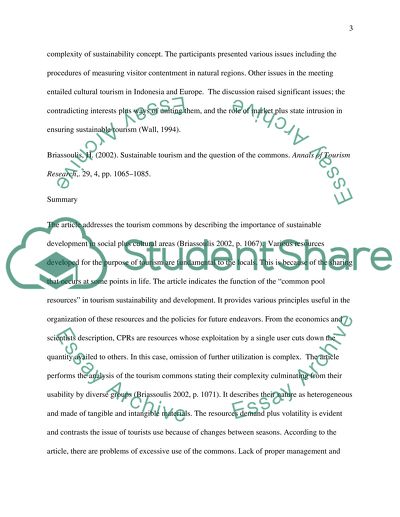Cite this document
(“Tourism and Sustainability Essay Example | Topics and Well Written Essays - 2500 words”, n.d.)
Retrieved from https://studentshare.org/tourism/1398301-tourism-and-sustainability
Retrieved from https://studentshare.org/tourism/1398301-tourism-and-sustainability
(Tourism and Sustainability Essay Example | Topics and Well Written Essays - 2500 Words)
https://studentshare.org/tourism/1398301-tourism-and-sustainability.
https://studentshare.org/tourism/1398301-tourism-and-sustainability.
“Tourism and Sustainability Essay Example | Topics and Well Written Essays - 2500 Words”, n.d. https://studentshare.org/tourism/1398301-tourism-and-sustainability.


